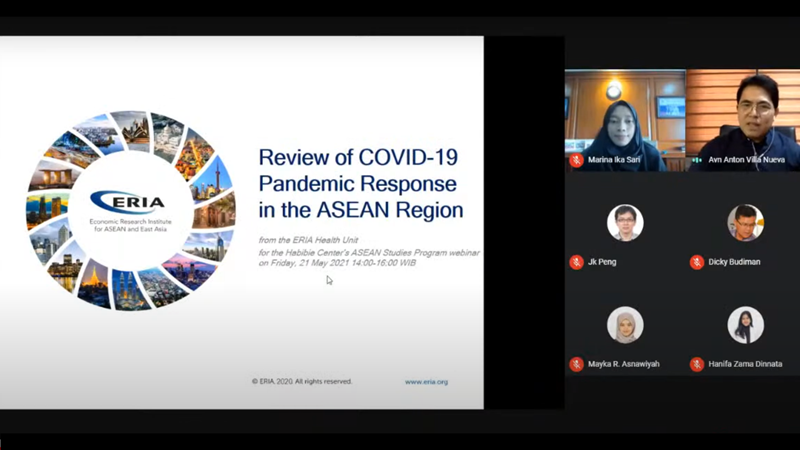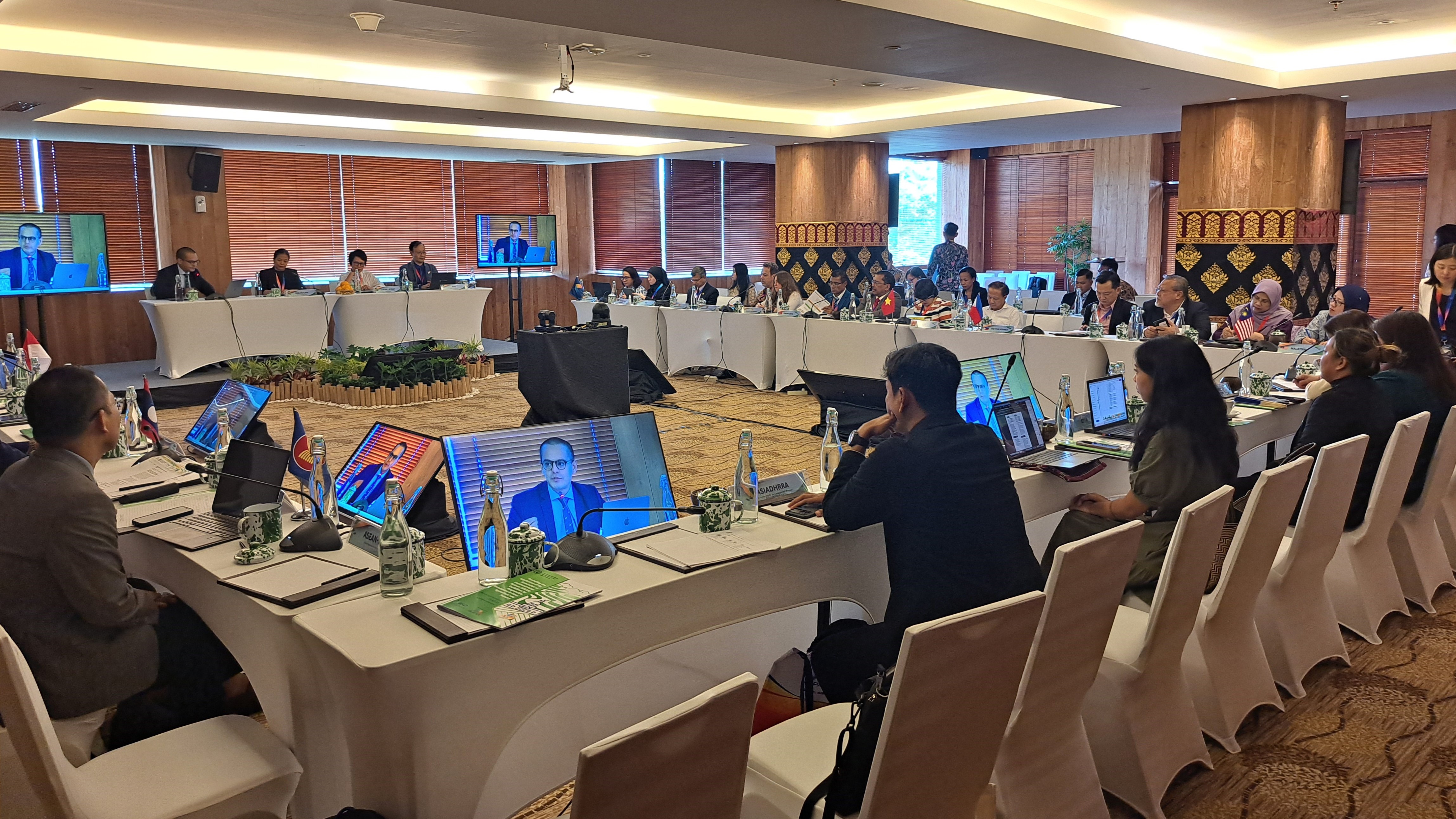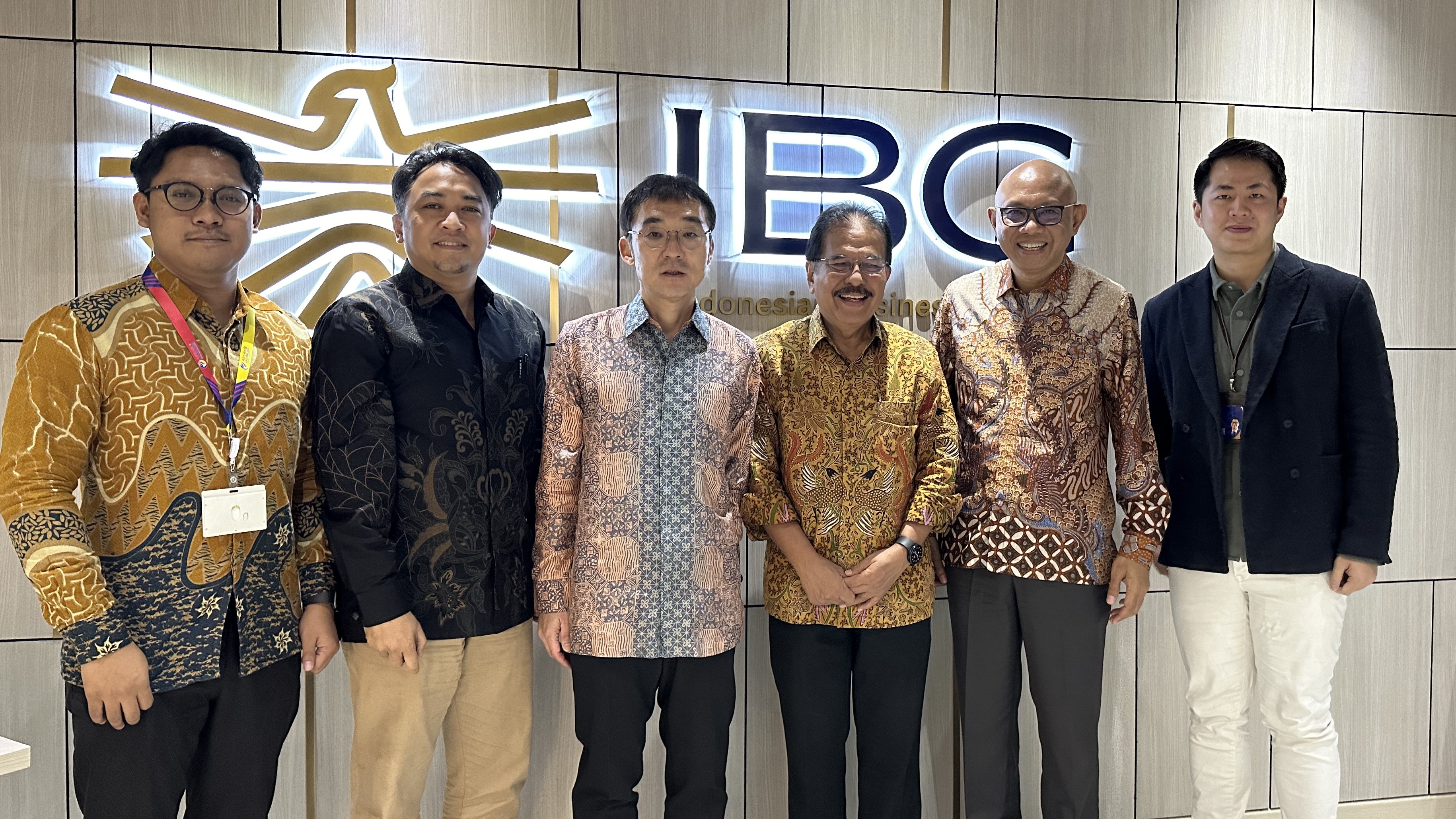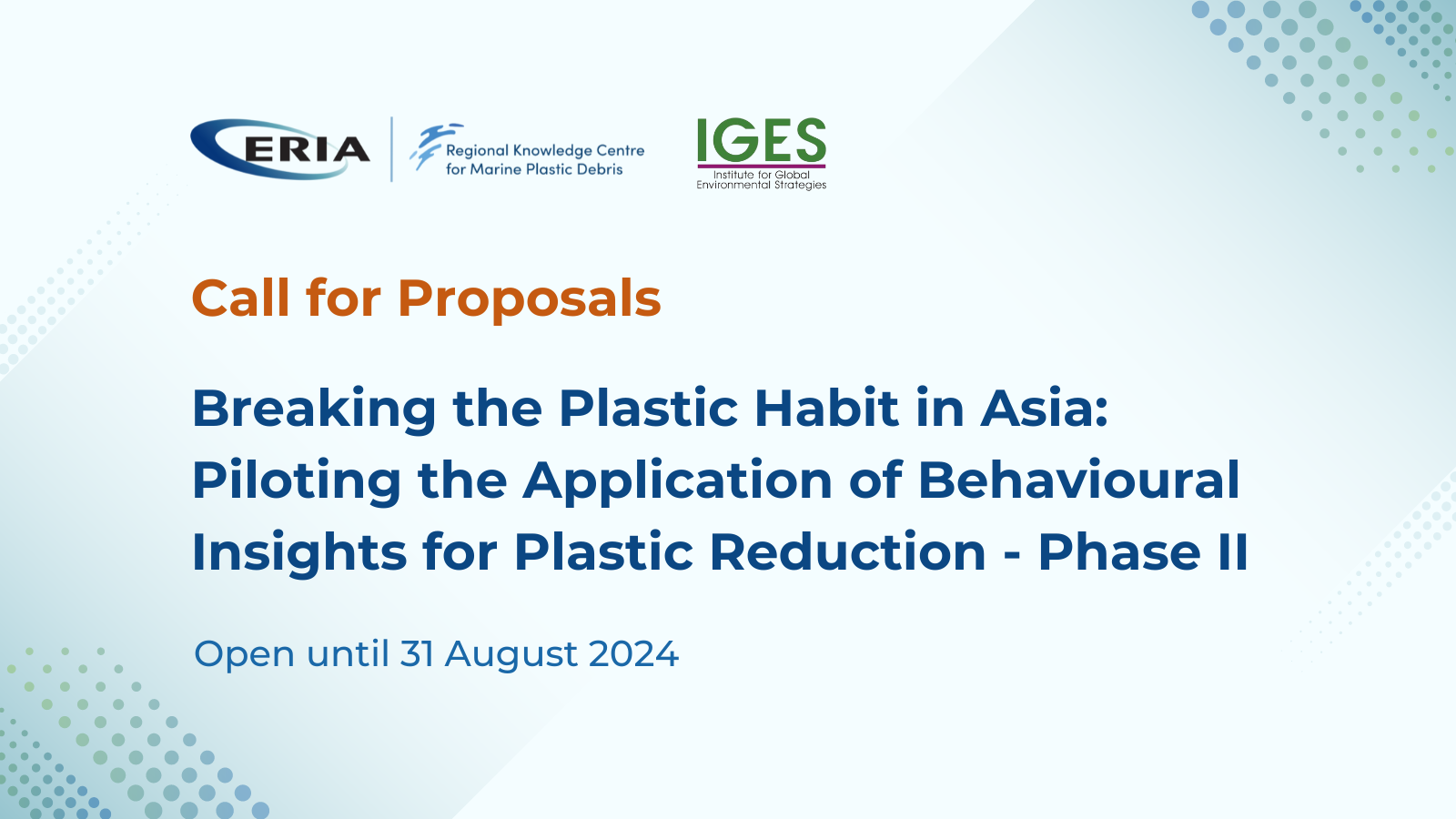ERIAs Senior Advisor on Healthcare Policy on How Diversification of Health Policies in ASEAN Successfully Responded to the COVID-19 Pandemic
Date:
21 May 2021Category:
NewsTopics:
ASEAN, COVID-19, HealthcareShare Article:
Print Article:
Jakarta, 21 May 2021: Dr Antonio Villanueva, Senior Advisor of ERIA on Healthcare Policy, participated in a webinar series, ‘Talking ASEAN’, an event focused on regional issues and organised by the Habibie Center. This episode of ‘Talking ASEAN’ raised concerns on how outbreaks during the current global pandemic have been handled in the region over the past year. Entitled ‘One Year of COVID-19 Pandemic: Successful Experience and Anticipating Challenges on Health Policy in ASEAN and Taiwan to End the Pandemic’, this webinar brought together two other experts from Taiwan and Indonesia as well, to share their responses to the pandemic.
Commencing the webinar, Dr Jen-Kuei Peng, Chief Executive Officer of New Southbound Health Center, National Taiwan University Hospital discussed Taiwan’s rapid response that started soon after the virus outbreak in China in 2019. has successfully battled against COVID-19. Having applied their lessons learned from previous outbreaks, Taiwan had already been upgrading their healthcare system to fight against COVID-19 without having to lockdown. Their reformed and improved pandemic prevention system has played an important role in forecasting pandemics and includes the Health Act, development of public healthcare facilities (in particular, designing a hospital with isolation wards for communicable disease patients), procurement of safety stocks, and covering the cost of treatment by the Government. Dr Peng underlined that the efforts would not have been successful without the collaboration between national, local, and district levels of government. Further, the Epidemic Command Center was immediately developed to strategise on how to combat COVID-19 alongside the emergency policies issued by the government. Several initiatives that were implemented since last year include providing facemasks, controlling the international borders, relying on the IT System which includes virtual consultations as is practised by the New Southbound Health Center, holding periodic meetings, and conducting vaccination distribution to citizens. With such optimistic results from these endeavours, there is no doubt that Taiwan is a good example of a successful pandemic response.
Next, Dr Anton, as a Health Policy Expert in ASEAN, began his presentation by mapping the current situation of COVID-19 cases among the ASEAN Member States. Using statistical data, it could be seen that two Southeast Asian countries that were hit early have been able to control their numbers over the past year were Singapore and Viet Nam. Therefore, while ASEAN as a whole has set up a COVID-19 Response Fund and support has come from China, Japan, South Korea, Australia, the United States, Canada, the WHO, and other international organisations and institutions, Singapore and Viet Nam were presented as examples of previous success. After describing the diversification of responses across the region, Dr Anton examined the pandemic efforts of Singapore and Viet Nam. The two Southeast Asian nations survive on different economic systems, but their pandemic health policies successfully overcame the pandemic in their own ways.
With a modern healthcare system and quality facilities, Singapore obligated citizens to undergo mass testing (rapid antigen then PCR) and positive confirmed cases were provided free treatment. Such mass testing has been used in countries with a high standard of living. Singapore has further been transparent by announcing the areas of positive clusters through the news media. Most indoor and crowded activities were limited and working from home was strongly encouraged. Now, since the majority of Singaporeans have been vaccinated, the city-state plans to resume international economic activities through ‘bubble’ transportation and quarantine requirements for international arrivals.
Viet Nam, also initially successful against COVID-19, proved that a developing country can win the battle too. Having learned from previous pandemics, its key was early action. Land borders were closed within a week, international travel regulated, and partial lockdowns supported by a disciplined citizenry through the ‘5K’ campaign (facemask, hygiene, physical distancing, avoiding gatherings, and health declarations). Over the years, Viet Nam had also already improved a pandemic healthcare system that is free for all, and a distinct strategy was its implementation of third-degree contact tracing.
Other ASEAN countries can learn from these experiences. Hoping that the pandemic will end soon based on a two-year pandemic life cycle, but still realising that the global threat can be prolonged, Dr Anton highlighted in his last part of the presentation some insights toward being ready to face the challenging future. While much emphasis has been placed on vaccines as the solution, there are still many concerns that require attention and solutions from policymakers around the world. Vaccines will not yet achieve herd immunity in most populations, and the long-term effects as well as the need for continuous innovations due to variants, are critical factors. Balancing health and economy must further be managed with respect for cultural and even individual diversity. For example, since the travel industry has been significantly impaired, cost-effective diagnostic tests and other alternative measures as well as considerations for other factors including natural antibodies post-infection can supplant vaccines effectively enough to allow travel, and the economy in general, to not only recover but moreover prosper.
Last to speak from a global perspective was Indonesia’s epidemiologist, Dr Dicky Budiman, based in Griffith University, Australia, who spoke about why the health policies of most countries have failed in handling the COVID-19 pandemic. Dr Dicky emphasised that many countries around the world, including ASEAN, have failed to prevent the spread of the virus, as evidenced by the global security index of each country. Prolonged formal responses, lack of collaboration, and the way that the ASEAN Member States handle their domestic problems, among others, have caused many to be left behind. That is why strong coordination is needed. Long-term plans such as vaccine programme implementation must be supported by mass testing, contact tracing, quarantine requirements, and strict health protocol enforcement; vaccines alone cannot be the silver bullet. There is no guarantee that new variants will not be transmitted as well, particularly in Indonesia and Malaysia. Therefore, the best way out is to anticipate the worst potential pandemic in the future. In addition, the best recommendation is to increase the level of control in regional health security such as narrowing the gap in terms of testing capacities, updating the reporting system within ASEAN, and strengthening coordination in cross-border and public health responses collectively.
To sum up his presentation, Dr Dicky highlighted that ASEAN can learn from East Asian countries that used centralised government regulation to deal with the pandemic and then revitalise their economies as well as social and political aspects. At the same time, the West is still struggling because of slower and inconsistent control over COVID-19. Seeing this global phenomenon, it is obvious that the solution is not easy, but we must be optimistic that herd immunity can be achieved by working hard hand in hand.
This webinar has gathered various perspectives from medical experts and scholars who presented the impact of swift and adequate response by governments and citizens to ward off the pandemic. ASEAN and East Asia, as the nearest regions to China where the SARS-CoV-2 virus originated, have exerted all their strength and power to implement their health policies to combat the coronavirus. The diversity of ASEAN Member States, in particular, is reflected in the differing approaches seen in successful health policies, but all lessons learned, including from countries outside of ASEAN, may be shared toward future victories.
Note: Talking ASEAN is a seminar or webinar organised by the ASEAN Studies Program of the Habibie Centre to gather experts from ASEAN and outside the ASEAN region to discuss various issues related to ASEAN.








